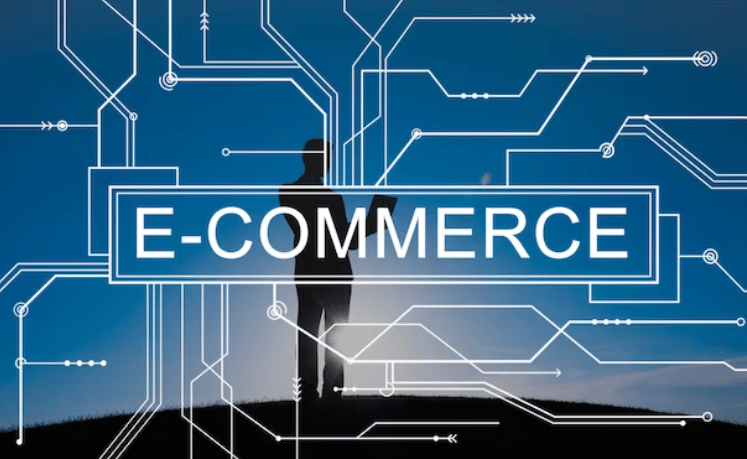Enterprise Resource Planning (ERP) plays a pivotal role in the realm of e-commerce, orchestrating a symphony of functions crucial for operational success in the digital marketplace. Within the e-commerce landscape, ERP systems serve as the backbone, integrating and managing various business processes, from inventory and supply chain management to customer relationship management and financials.
Why ERP in E-commerce Matters
1. Integration of Operations
In e-commerce, ERP streamlines and unifies disparate operations. It ensures that orders, inventory, shipping, and customer data are seamlessly interconnected, providing a holistic view of the business.
2. Automation and Efficiency
By automating routine tasks and integrating systems, ERP in e-commerce boosts operational efficiency. It reduces manual effort and diminishes the risk of errors, leading to quicker processing and better customer service.
3. Real-time Data Analysis
ERP systems provide real-time analytics, offering insights into customer behavior, sales trends, and inventory status. This enables timely decision-making and agile responses to market changes.
4. Scalability and Flexibility
For an e-commerce business experiencing growth, ERP solutions can scale seamlessly. They adapt to changing demands and evolving business needs, providing the flexibility required for expansion.
5. Customer Experience Enhancement
From managing orders to ensuring on-time delivery, ERP streamlines processes that directly impact the customer experience, fostering loyalty and satisfaction.
6. Cross-channel Consistency
In a multi-channel e-commerce environment, ERP systems ensure consistency across various platforms, maintaining uniformity in product information, pricing, and customer data.
Implementing ERP in E-commerce
1. Choosing the Right ERP System
Selecting an ERP system tailored for e-commerce is crucial. It should align with the business’s size, industry, and specific operational needs.
2. Integration with E-commerce Platforms
Successful implementation involves seamless integration with existing e-commerce platforms and other business software. Compatibility is key to ensuring efficient operations.
3. Training and Change Management
Adequate training and change management are essential for smooth adoption. Employees need to understand and utilize the ERP system effectively.
Challenges and Solutions
1. Cost and ROI Analysis
The initial investment for ERP can be significant, but the long-term benefits often outweigh these costs through enhanced efficiency and growth.
2. Data Security
Ensuring data security within an e-commerce environment is critical. ERP systems need to have robust security measures in place to protect sensitive customer and business information.
3. Customization and Adaptation
E-commerce businesses often require customized solutions. The ERP system should be adaptable to meet specific business needs and changes in the market.
The Future of ERP in E-commerce
1. AI and Automation Integration
The integration of artificial intelligence and automation will drive the future of ERP in e-commerce. Predictive analytics and AI-driven insights will revolutionize decision-making processes.
2. Mobile ERP Solutions
The increasing reliance on mobile devices will push ERP systems to become more mobile-friendly, ensuring accessibility and convenience for e-commerce operations on-the-go.
In conclusion, ERP in the e-commerce landscape is a game-changer, empowering businesses to operate efficiently, make informed decisions, and provide superior customer experiences. As the digital marketplace continues to evolve, the role of ERP systems will only become more integral in driving success.
